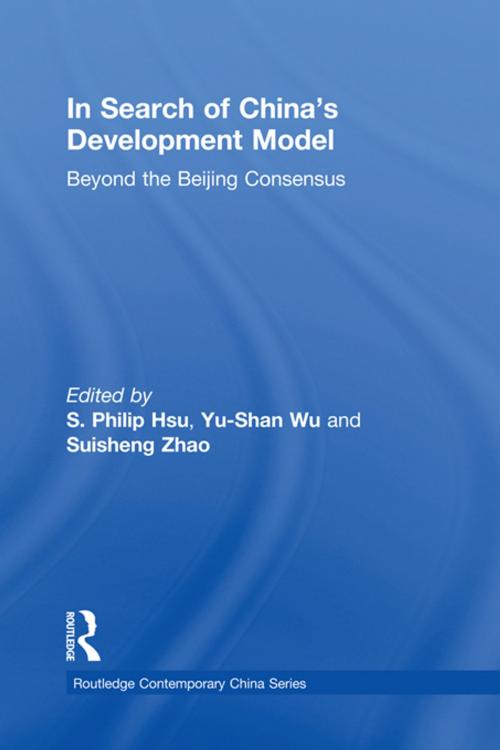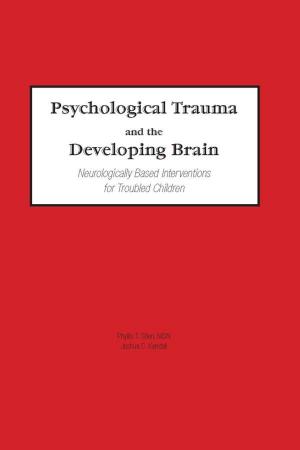In Search of China's Development Model
Beyond the Beijing Consensus
Business & Finance, Economics, International Economics, Sustainable Development, International| Author: | ISBN: | 9781136852091 | |
| Publisher: | Taylor and Francis | Publication: | May 23, 2012 |
| Imprint: | Routledge | Language: | English |
| Author: | |
| ISBN: | 9781136852091 |
| Publisher: | Taylor and Francis |
| Publication: | May 23, 2012 |
| Imprint: | Routledge |
| Language: | English |
This book examines the development model that has driven China's economic success and looks at how it differs from the Washington Consensus. China’s Development Model (CDM) is examined with a view to answering a central question: given China’s peculiar matrix of a socialist party-state juxtaposed with economic internationalization and marketization, what are the underlying dynamics and the distinctive features of the economic and political/legal/social dimensions of the CDM, and how do we properly characterize their interrelations? The chapters further analyse to what extent and under what circumstances is China's development model sustainable, and to what degree is it readily applicable to other developing countries.
Based on their findings in this volume, the authors conclude that the defining feature of the CDM’s economic dimension is "Janus-faced state-led growth," and the political/legal/social dimension of the CDM is best characterized as "adaptive post-totalitarianism." The contributors illustrate that the CDM’s parameters are shown to be much less sustainable than the CDM’s outcome in developmental performance and the extent to which the CDM can be applied to other late-developers is subject to more qualifications than its sustainability.
This book examines the development model that has driven China's economic success and looks at how it differs from the Washington Consensus. China’s Development Model (CDM) is examined with a view to answering a central question: given China’s peculiar matrix of a socialist party-state juxtaposed with economic internationalization and marketization, what are the underlying dynamics and the distinctive features of the economic and political/legal/social dimensions of the CDM, and how do we properly characterize their interrelations? The chapters further analyse to what extent and under what circumstances is China's development model sustainable, and to what degree is it readily applicable to other developing countries.
Based on their findings in this volume, the authors conclude that the defining feature of the CDM’s economic dimension is "Janus-faced state-led growth," and the political/legal/social dimension of the CDM is best characterized as "adaptive post-totalitarianism." The contributors illustrate that the CDM’s parameters are shown to be much less sustainable than the CDM’s outcome in developmental performance and the extent to which the CDM can be applied to other late-developers is subject to more qualifications than its sustainability.















